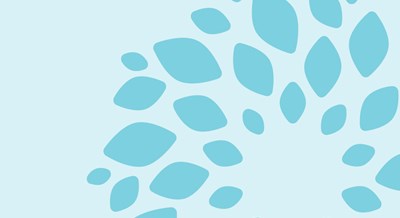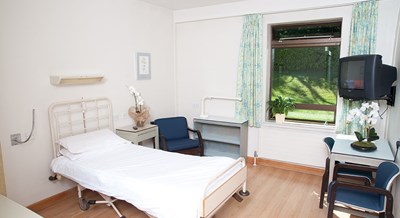What is ACT?
ACT, pronounced as a word rather than A.C.T., is considered a third-wave cognitive behaviour therapy (CBT). ACT works with thoughts and actions through building mindfulness skills and connecting to values. The key aim in ACT is to increase service users’ psychological flexibility.
Psychological flexibility is a term that refers to how well a person is able to adapt and respond flexibly in line with one’s values rather than having their actions dictated by unwanted thoughts and emotions. ACT teaches a variety of skills and tools that enable service users to respond more effectively to unwanted and challenging thoughts and emotions as they arise.
The aim of ACT is to help people to:
- Accept the aspects of their lives that are outside of their control
- Give people skills to connect more to the present moment, as opposed to the past or the future, and to their values; the things that matter most to them
- Take meaningful values-guided action rather than actions being dictated by unwanted internal experiences
What does the eight-week ACT day programme entail?
The ACT day programme in St Patrick’s Lucan (St Edmundsbury), part of St Patricks Mental Health Services, involves eight 3.5-hour group sessions held on Tuesday mornings. The programme is trans-diagnostic and generally has several service users experiencing anxiety, depression, bipolar mood disorder, OCD and addictions.
Over the course of the eight sessions, service users learn to identify unhelpful and ineffective patterns of behaviour and in terms of how they respond to unwanted internal experiences. They then learn evidence-based mindfulness skills to respond to unwanted thoughts and emotions more effectively.
At the end of the eight-week programme, those service users who have attended at least seven of eight groups are eligible to attend an assessment to attend ACT Aftercare which takes places one Tuesday evening per month for a further six to 12 months and upon regular attendance, they can attend Advanced ACT Aftercare one Tuesday evening every second month for a further six to 12 months. Therefore, those service users who are actively engaged with the programme may attend for up to 26 months. Letters are sent to GPs who refer into the programme to update them regarding the progress of service users referred.
What do service users say?
Service users who attend the programme often refer to it as a lifeline. They consider the ACT programme to be a very approachable and compassionate group where they can speak openly about their mental health challenges with others who understand. Many service users indicate that learning practical tangible skills is incredibly helpful in helping them cope with stressors in their lives.
How to refer into the ACT Programme?
The ACT Programme can now be referred into directly by GPs to The Day Services Department, St Patrick’s Lucan (St Edmundsbury). You can call 01-6218264 to reach the administrator of Day Services to get more information.
Continue to…
Research updates





